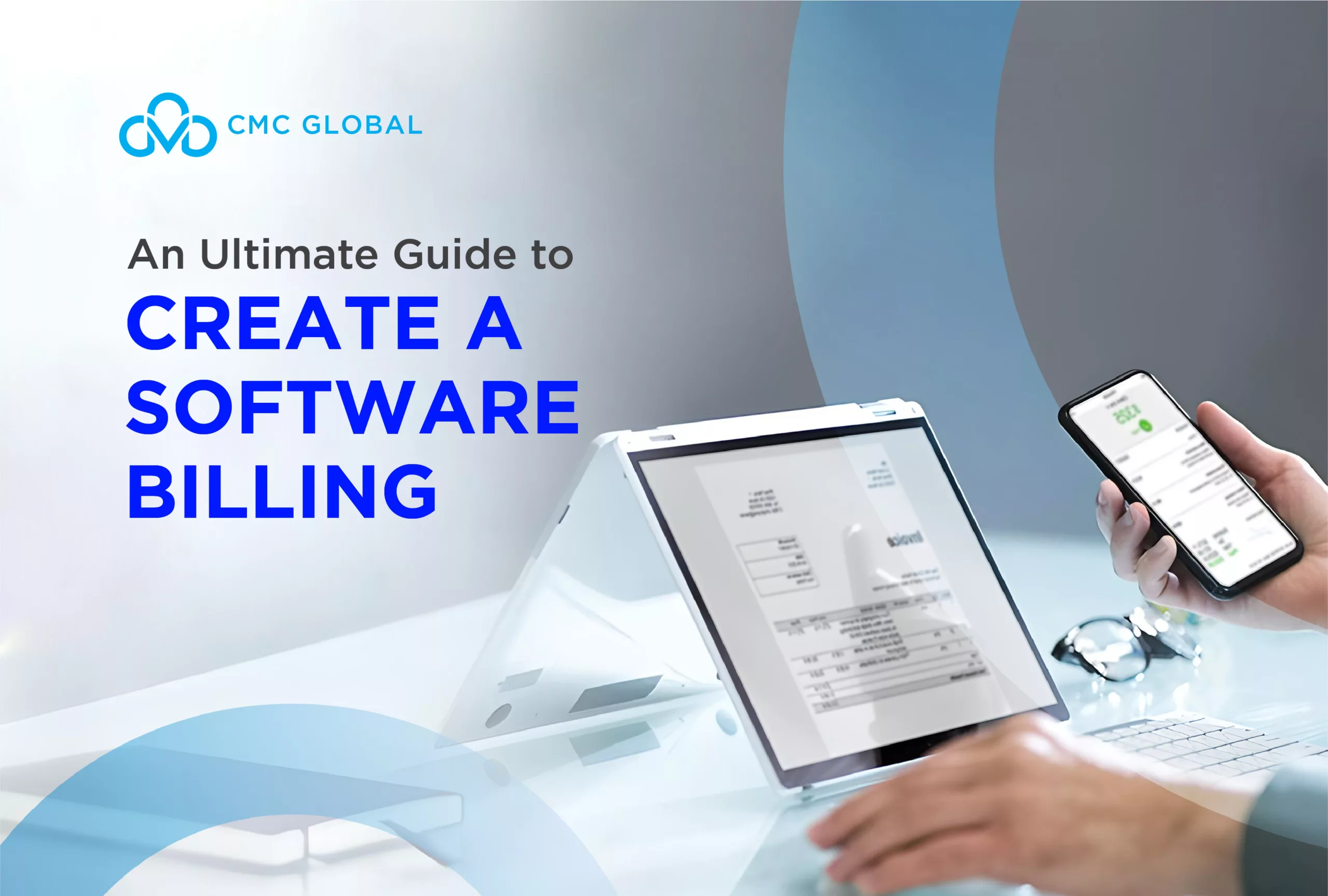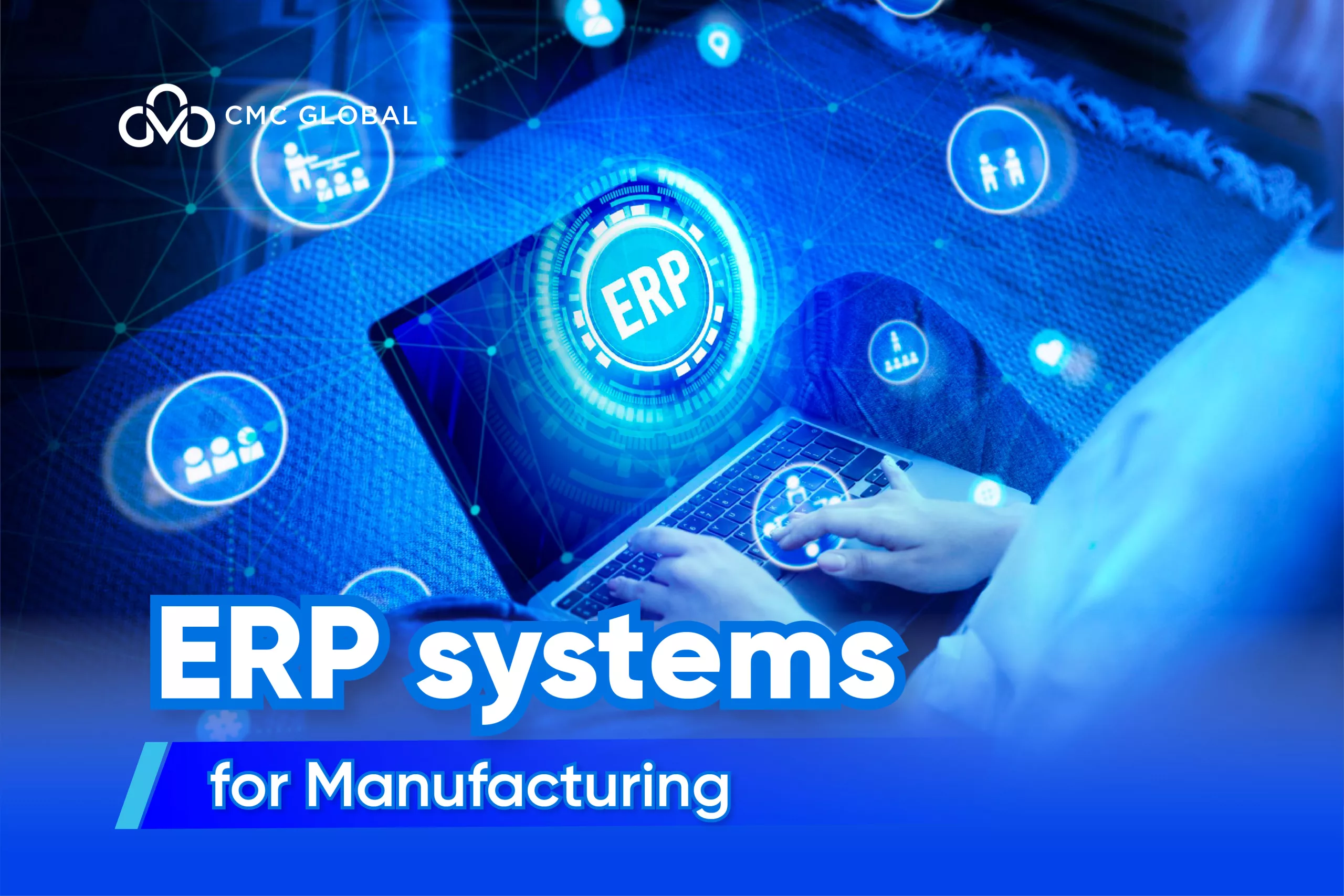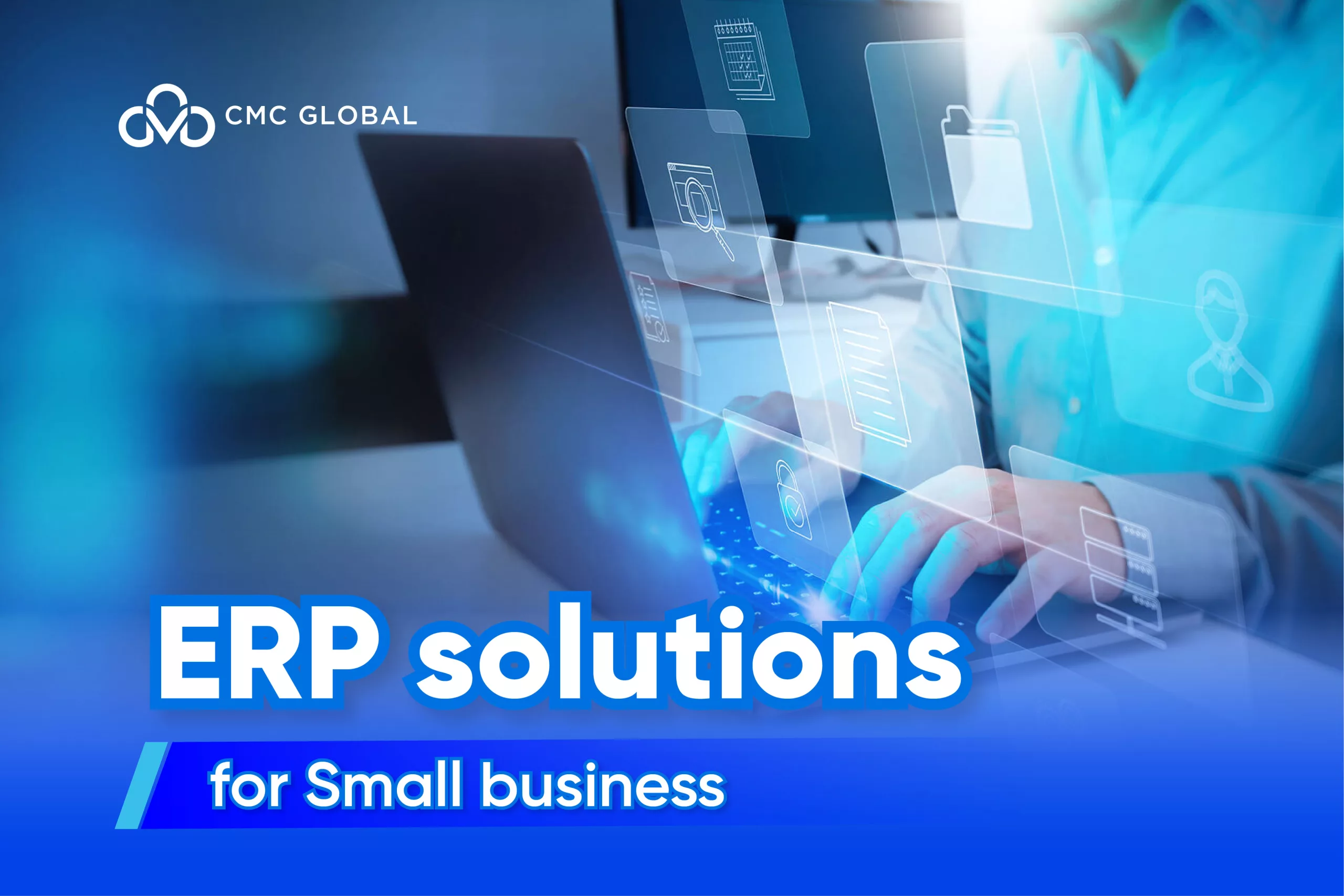Unleashing Efficiency: The Ultimate Guide to Creating Billing Software
In the digital age, where businesses are constantly evolving, having an efficient billing system is paramount. Whether you’re a small startup or a large enterprise, creating your own billing software can revolutionize your financial processes. In this comprehensive guide, we will walk you through the essential steps to create a billing software that streamlines your operations and boosts productivity.
What is Billing Software?
Billing software is a type of application that helps businesses manage the billing and payment processes for their products or services. It streamlines the process of creating, sending, and tracking invoices, accepting payments, and managing customer accounts. Billing software can also automate many of the tasks involved in the billing process, such as generating invoices, calculating taxes, and sending reminders. This can free up time for businesses to focus on other important tasks.
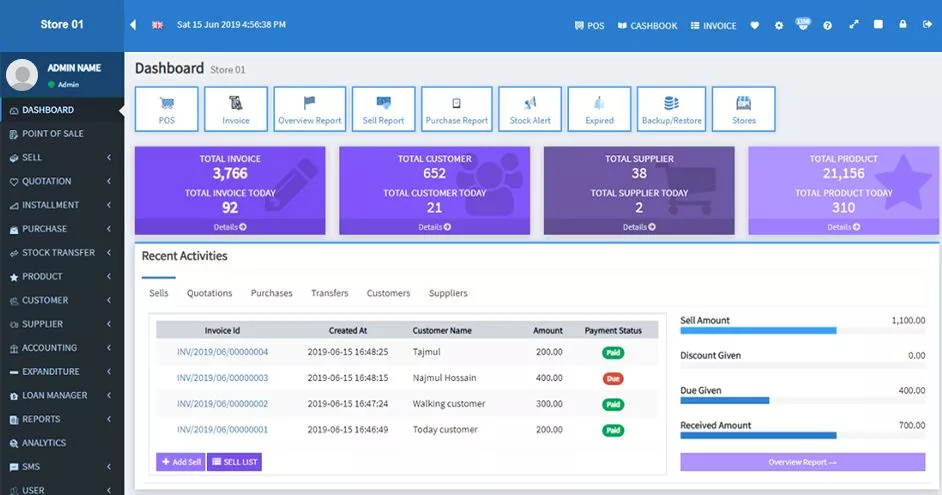
Nowadays, with the development of the latest software development technologies, some billing platforms are capable of much more. These invoicing tools effectively contribute to almost any aspect of project/business management.
Billing tools can generate detailed reports to help businesses monitor their cash flow. They can also integrate custom features based on business needs, such as automatic payment reminders, bulk invoice creation, invoice templates, multiple payment options, discount management, and integration with accounting systems and online marketplaces. Some billing tools even have customer relationship management (CRM) and analytics capabilities. This makes financial operations easier and more efficient for customers.
Depending on the requirements of the business, customers can choose one of two forms of billing software and ready-made invoicing software. One of the popular ready-made billing software is Zoho invoice, which has both a free and paid version. Zoho invoice focuses not only on customer management, but also on customer loyalty. It offers personalization and automation options with a wide range of invoice templates, flexible support for international payments, and a user-friendly time tracker.
Two Kinds of Billing Software – Custom Billing Software Vs. Ready-made Invoicing Software
As mentioned above, two different main kinds of recurring billing are available, ranging from basic solutions for small business to more comprehensive packages for large business, which are custom billing software and ready-made invoicing software.
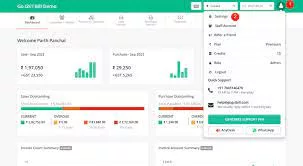
Ready-made Invoicing Software
If you need basic functionality or want to see how billing software works before developing a custom solution, a ready-made application may be a suitable choice. Here are some of the benefits of choosing this option:
- Basic features: You don’t have to worry about building your own invoice templates, setting up reminders, or generating reports. Ready-made software comes with all the essential features you need for billing automation.
- Third-party integrations: You can connect your software with other tools that you use for your business, such as CRM and ERP systems, e-commerce platforms, or other third-party services. This way, you can streamline your workflow and avoid data duplication.
- No training and setup: Ready-made solutions often have intuitive interfaces and 24/7 support to help your team start using them immediately. On the other hand, you need to choose the app wisely so that your finance team doesn’t drown in hundreds of unnecessary features.
However, you may face a challenge when you require more specific features or a higher degree of customization. A pre-built solution may not suit your needs if you deal with different customer segments who have different payment models, languages, and compliance regulations.
A ready-made solution may also fall short if you have a complex system of discounts, fees, or department limits to manage. For these scenarios, custom billing software development is a more reasonable option, so let’s discuss its advantages in more depth.
Custom software
Custom billing software is a type of custom software development service and a bespoke invoicing system designed to meet the specific business’s needs. It involves creating, designing, deploying, and maintaining software for a particular customer function. Here are the benefits you will unlock with custom software:
- Full system integration. No matter how complex your billing system is, custom software will help you integrate not only the market leaders but all existing services.
- Advanced functionality. Custom software allows you to set up non-linear workflows, custom analytics, and more to fully meet your requirements.
- High scalability. Modern software has a modular architecture. Whenever you need to adjust the workload or extend functionality, your development team will do it without downtime or performance failures.
Which to Choose Depends on Your Need
No billing software is the best invoicing software, as each type of solution has its own pros and cons. Deciding which invoicing platform to choose comes with certain risks.
Off-the-shelf invoicing software is usually a good option for businesses that need a simple billing system with few options and no IT infrastructure. This type of product is often cheaper and easier to set up than custom billing software, but you still need to consider how your business might change in the future.
On the other hand, if you need more than basic financial management features and have specific requirements, preferences, or goals for your invoicing system, building custom invoicing software can help you meet your expectations. However, you should also consider if the benefits of custom invoicing software are worth the cost and time needed to develop and maintain it before making a decision.
How to Create Custom Software Billing
Creating custom billing software involves a comprehensive process that encompasses planning, design, development, testing, and deployment. It requires a clear understanding of business needs, technical expertise, and a structured approach to ensure a successful outcome.
1. Define Requirements and Goals
The first step is to clearly define the requirements and goals of the custom billing software. This involves understanding the business processes, identifying the pain points, and outlining the desired functionalities and features. A detailed requirements document will serve as the foundation for the software’s development.
A few examples of questions to ask yourself at this stage:
- What problems should the billing software address?
- How many people will work with it?
- Do you have a stable workload, or does it vary throughout the year?
- Will you use billing software for financial operations only or extend it with other functionality?
- Do you need custom web or mobile app development services? Or both?
This isn’t an exhaustive list of all possible questions, but it gives you an understanding of the direction to choose.
2. Design and Prototyping
Once the requirements are defined, the design phase begins. This involves creating user interface (UI) mockups, wireframes, and prototypes to visualize the software’s user experience and interaction flows. Design tools like Figma, Sketch, or Adobe XD can be used to create interactive prototypes for user testing and feedback.
3. Technology Stack Selection
The technology stack selection is crucial for the software’s performance, scalability, and maintainability. It involves choosing the programming language, frameworks, database, and cloud infrastructure that align with the project’s requirements and the development team’s expertise. Popular choices include Python, Django, PostgreSQL, and AWS or Azure.
4. Development and Coding
With the requirements, design, and technology stack defined, the development phase commences. Experienced developers will code the software using the chosen programming language and frameworks, following the design specifications and adhering to coding best practices. Agile development methodologies, such as Scrum or Kanban, can be employed to ensure efficient and iterative development.
Read more: Choosing the Right Software Methodology: A Guide to 11 Methods
5. Testing and Quality Assurance
Rigorous testing is essential to ensure the software’s functionality, performance, and security. Unit tests, integration tests, and system tests should be conducted to identify and fix bugs, regressions, and potential security vulnerabilities. Automated testing tools can be integrated into the development process to streamline testing and ensure consistent quality.
6. Deployment and Maintenance
Once the software has been thoroughly tested and meets the requirements, it can be deployed to a production environment. This involves setting up the server infrastructure, configuring the software, and migrating data from legacy systems. Ongoing maintenance and updates are crucial to address any issues, implement new features, and maintain security patches.
Additional Considerations for Custom Billing Software Development:
-
Scalability: The software should be designed to accommodate future growth and expanding business needs.
-
Integration: The software should be able to integrate with existing business systems, such as accounting software, CRM platforms, and payment gateways.
-
Security: Robust security measures should be implemented to protect sensitive customer and financial data.
-
Third-Party APIs: Consider leveraging third-party APIs for functionalities like tax calculations, payment processing, and fraud prevention.
Innovate Your Billing Process with CMC Global!
Creating custom billing software can empower businesses to streamline billing processes, improve cash flow, and gain valuable financial insights. By carefully defining requirements, selecting the right technology stack, implementing rigorous testing, and ensuring ongoing maintenance, businesses can develop a customized billing solution that aligns with their unique needs and drives business growth.
Partner with CMC Global for cutting-edge solutions tailored to your business needs. With over 30 years of experience, a team of 2,500+ certified engineers, and a global presence in 30+ countries, we are your trusted ally in technological innovation.
Why Choose CMC Global for Your Billing Software Needs?
- Expertise: Benefit from the knowledge and skills of our 160+ ISTQB Foundation Certified Testers, and 50+ ISTQB Advanced Certified Testers.
- Global Reach: Access our services from anywhere in the world, ensuring a seamless and collaborative experience.
- Security: Trust in our commitment to data protection and security, adhering to the highest industry standards.
- Innovation: Stay ahead in the digital landscape with our innovative solutions designed to propel your business forward.
Ready to revolutionize your billing process? Contact CMC Global today and embark on a journey of efficiency and growth! Explore our services now!
